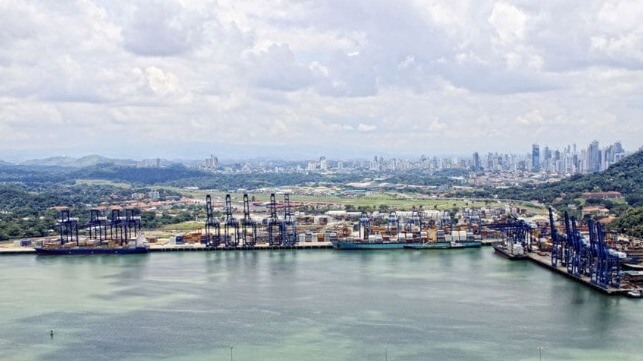
China Blocks Panama Port Sale to BlackRock Amid Political Tensions
Big news coming in from the maritime industry—China has just halted the sale of two major Panama ports to BlackRock, a deal that was supposed to go through next week. This move comes as a surprise and adds another layer of complexity to the already tense geopolitical situation surrounding global trade routes.
So, here’s what’s happening: CK Hutchison, a Hong Kong-based conglomerate led by billionaire Li Ka-shing, had been preparing to sell its two strategically located ports at the Panama Canal to a BlackRock-led group. The sale was initially announced on March 4 and was expected to be finalized by April 2. However, reports from the South China Morning Post indicate that the deal won’t be signed as planned, though it hasn’t been officially called off yet.
Also Read:- Hull City and Luton Town Battle in a Crucial Championship Clash
- The NYT Mini Crossword: A Quick Brain Teaser for Language Enthusiasts
China’s response to this deal has been notably negative, viewing it as a strategic maneuver by the U.S. to reassert control over the Panama Canal. It’s worth noting that U.S. President Donald Trump had openly supported the transaction, which only fueled Beijing’s concerns. CK Hutchison, which has operated these ports since 1998, extended its concession for another 25 years in 2021. Now, the company finds itself caught in a highly politicized deal that has drawn scrutiny from both China and the U.S.
The financial stakes are massive—this deal was set to generate over $19 billion in cash. But beyond the numbers, the real story here is the geopolitical chess game at play. The Panama Canal is responsible for handling about 3% of global sea trade, making it a critical asset in international shipping. With growing tensions between China and the U.S., the control and influence over this key waterway have become even more sensitive.
Adding fuel to the fire, a pro-Beijing newspaper, Ta Kung Pao, recently published an editorial urging for the deal’s cancellation, stating that it aligns too closely with Washington’s broader strategy to contain China. Meanwhile, Bloomberg reported that Chinese authorities have been discouraging state-owned enterprises from engaging in any new deals with businesses tied to Li Ka-shing and his family.
The halting of this deal raises many questions: Will China completely block the sale? Will the U.S. retaliate with countermeasures? And what does this mean for global trade moving forward? One thing is clear—this is more than just a business transaction. It’s a high-stakes power struggle with far-reaching implications for international relations and the maritime industry.
As this story unfolds, we’ll be keeping an eye on the next moves from both Beijing and Washington. Stay tuned, because this is a developing situation that could reshape global trade dynamics in a big way.
Read More:


0 Comments